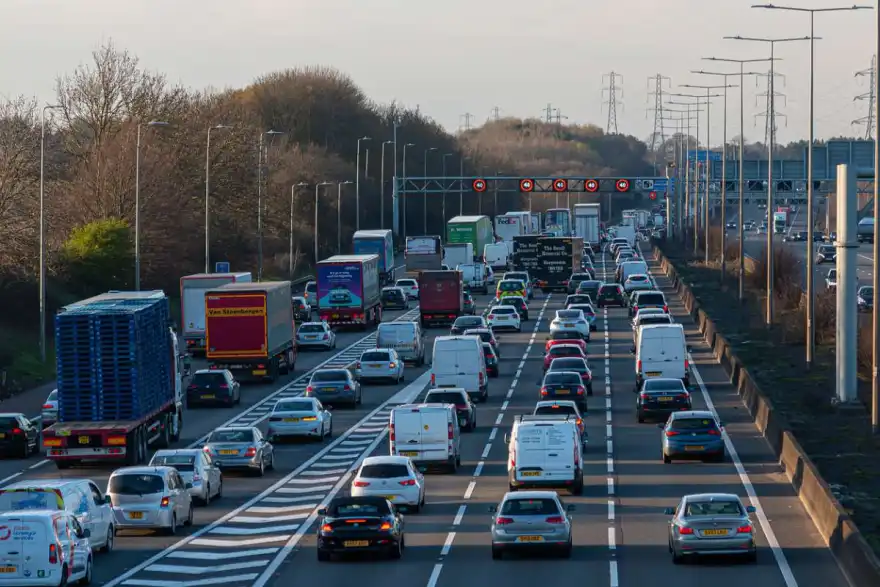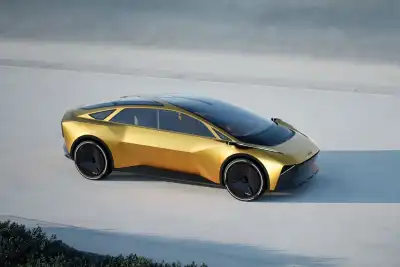
Update: Labour may introduce a pay-per-mile road tax in the Autumn Budget, following pressure from HM Treasury to implement such a scheme, according to former government advisor Adam Smith.
Drivers may face new car tax charges as experts debate the future of a pay-per-mile taxation system.
This tax measure would require electric cars to contribute their fair share, alongside petrol and diesel vehicles.
Global accountancy firm PwC warns that without a new tax measure, the Government could lose £9 billion in fuel tax revenues by 2030.
Grant Klein, PwC's transport leader, told The Telegraph: “With roughly 40 million licensed vehicles in the UK contributing significantly to public funds, a shrinking fuel duty tax base is alarming given the current stretched fiscal situation. It's hard to imagine the Treasury forfeiting its substantial fuel duty revenue without a replacement.”
He emphasised the importance of considering the “long-term sustainability of tax revenues” and replacing outdated taxation mechanisms.
The Environment and Transport Association has called a change to the tax scheme “unavoidable” due to rising road pricing concerns.
The pay-per-mile road tax would replace the current vehicle excise duty, charging drivers based on their annual mileage instead of a single lump sum.
PwC recommends that the new tax changes should initially target electric vehicles to offset losses in VED as petrol and diesel cars are phased out.
Electric vehicles will already face new tax laws next year, requiring them to pay VED, a charge they were previously exempt from.
As the UK aims to reinstate its 2030 deadline for banning new petrol and diesel cars, experts stress the need for alternative revenue sources.
Klein added: “Success hinges on effective planning and public engagement. Gaining public acceptance is challenging given the history of road pricing in the UK. The narrative becomes more complex when adding goals like reducing congestion, carbon emissions, and improving air quality.”
Despite this, previous attempts to introduce a pay-per-mile scheme have faced significant public opposition, with a petition gathering 1.8 million signatures against the idea.
The ETA warned that advocating for road pricing carries substantial political risks and is often seen as a “war on motorists.”
London Mayor Sadiq Khan has stated: “I want to be clear. A pay-per-mile scheme is not on the table and not on my agenda.” He did, however, affirm his commitment to maintaining ULEZ emission standards.


